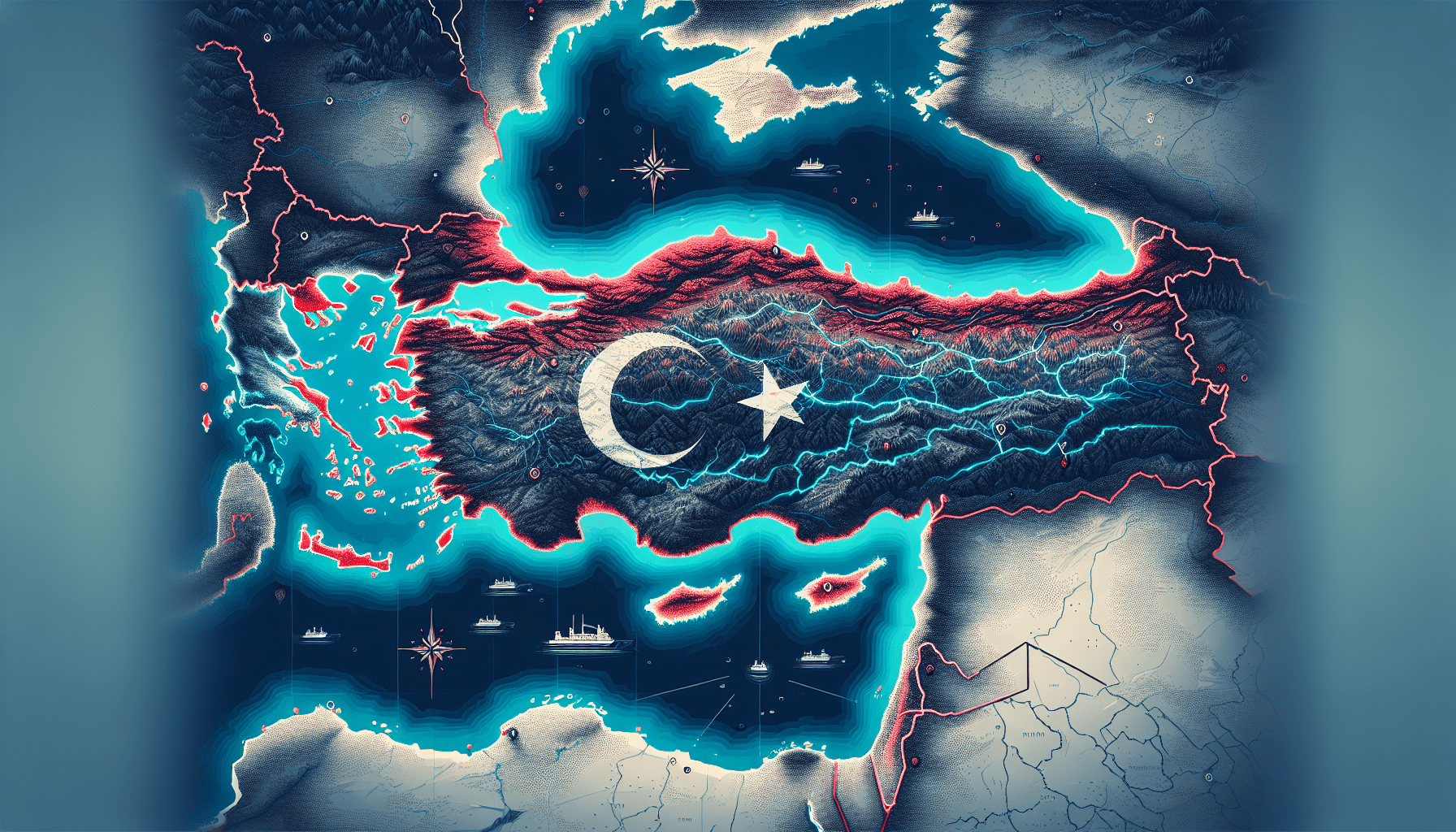Welcome to an exploration of the importance of Turkey’s strategic maritime position. Situated at the crossroads of Europe, Asia, and the Middle East, Turkey plays a crucial role in global trade and security. Its control over key waterways such as the Bosporus and Dardanelles Straits gives it a unique advantage in shaping regional and international relations. Join us as we delve into the significance of Turkey’s position and its impact on the world stage. Why is Turkey’s geographical location important for maritime trade?

